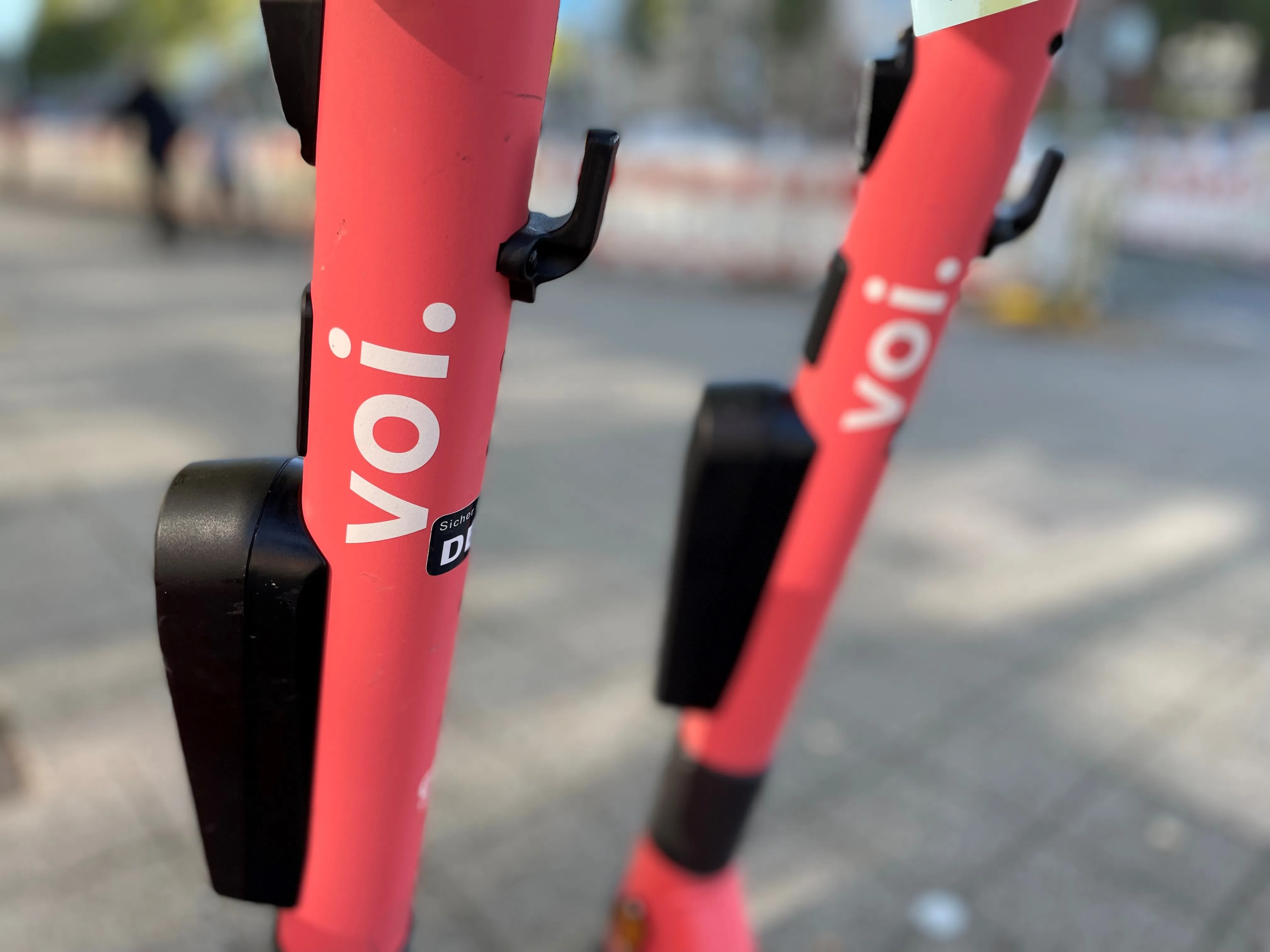Flowbird Urban Intelligence has launched terminal-based digital technology to enable local authorities to levy variable surcharges on vehicles that exceed set levels of carbon dioxide (CO2).
The digital system is loaded onto Flowbird’s solar-powered terminals and is expected to help authorities encourage people to switch to lower carbon vehicles and use public transport in congested areas.
Flowbird says the system can generate a separate fee for higher polluting cars at the time of parking via data linked to official government figures covering vehicle emissions.
When a driver enters a number plate into the parking terminal, the vehicle details are cross-referenced with the DVLA for fuel type and CO2 levels. This allows any relevant surcharge to be applied and paid for alongside the parking tariff, the company adds.
According to Flowbird, separate parking and emissions charges can be remotely configured across entire parking estates via its cloud-based back office.
Flowbird unveils terminal-based emissions surcharging solution
Flowbird Urban Intelligence has launched terminal-based digital technology to enable local authorities to levy variable surcharges on vehicles that exceed set levels of carbon dioxide (CO2).
The digital system is loaded onto Flowbird’s solar-powered terminals and is expected to help authorities encourage people to switch to lower carbon vehicles and use public transport in congested areas.
Flowbird says the system can generate a separate fee for higher polluting cars at the time of parking via data linke
June 13, 2019
Read time: 2 mins









